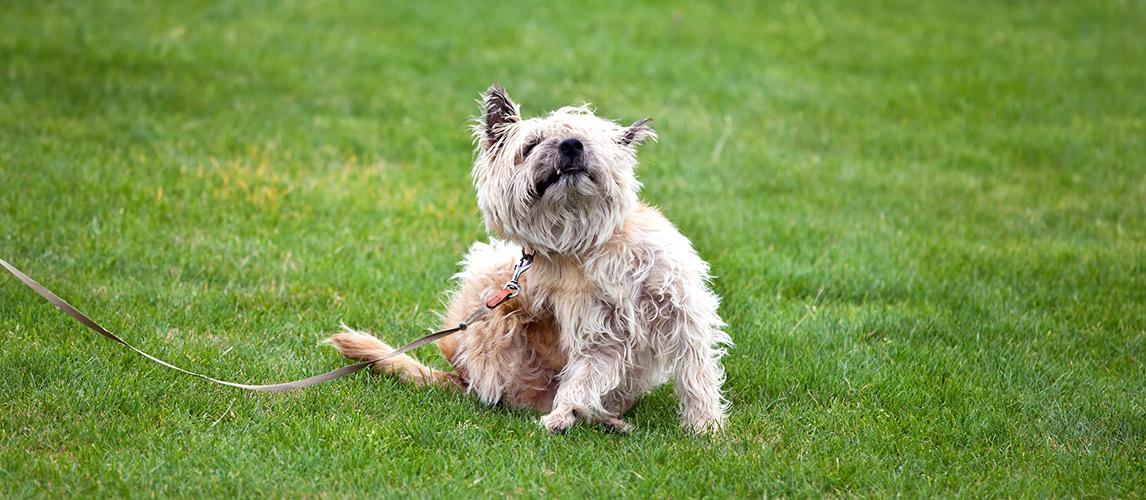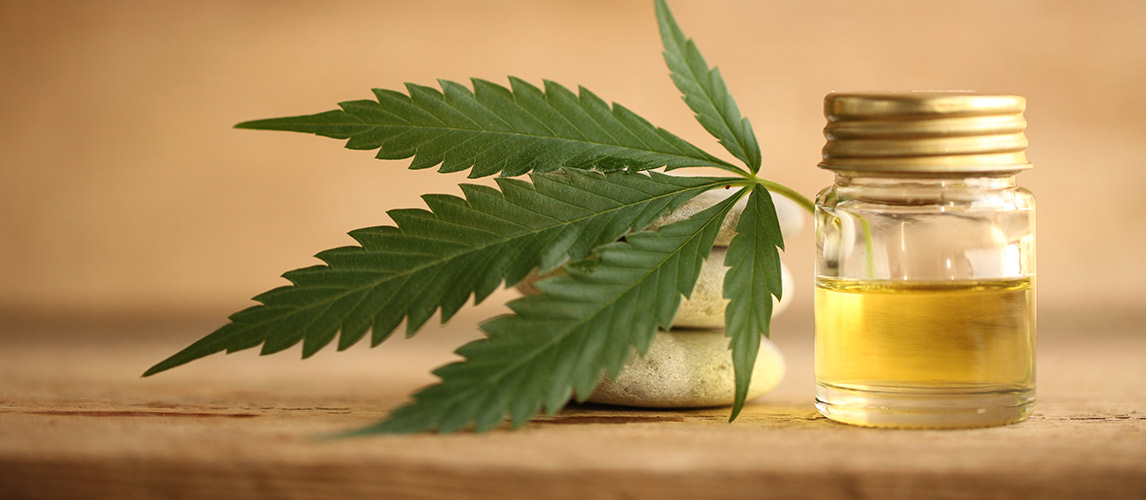Sometimes, we forget that our dogs aren’t exactly like us. What is harmful to dogs isn’t always harmful to humans and vice-versa. With this in mind, we have come up with a list of 10 poisonous plants dangerous to dogs. You need to be very careful if any of these are in and around your home.
What Plants Are Toxic to Dogs?
Aloe Vera

Aloe vera is a prime example of the type of poisonous plants to dogs we were talking about in the introduction. While aloe vera is known for its healing properties in human beings, it can be harmful if your pooch manages to bite off a leaf. While you can use the gel found within topically, it can irritate the digestive system if consumed. So, if you are planning on keeping some at home, keep it well out of the reach of your dog.
Daffodils
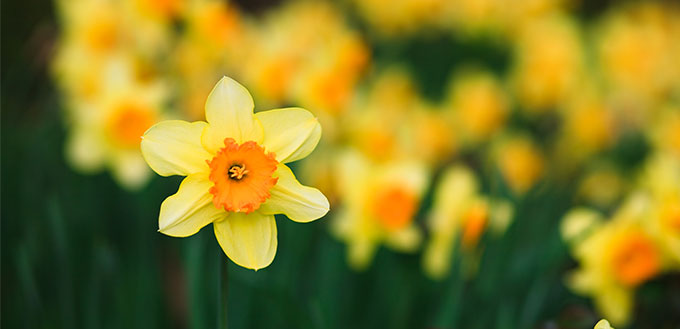
Otherwise known as narcissus, daffodils often spring up all over the place, which is why you need to be especially careful letting your dog around them. Often appearing at springtime, they contain toxic alkaloids which can result in significant gastrointestinal upset, along with more serious side effects such as tremors, seizures, and cardiac arrhythmias. While all parts of the plant can be harmful, it is the bulb that is the most poisonous.
Tulips

Another flower that regularly makes an appearance in spring, you need to make sure your dog steers clear of these too. If your dog does ingest any, it can cause vomiting, diarrhea, and oral irritating characterized by excessive drooling. Just like with the daffodils, it is the bulbs that are the most poisonous. In fact, this is the case with most plants, so you should only bring cut flowers into your household.
Foxglove
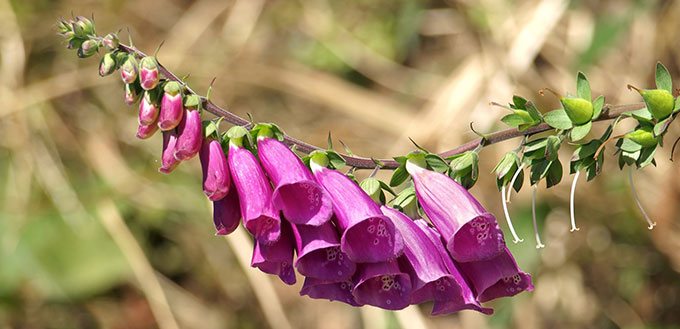
Otherwise known as the Digitalis Purpurea, Foxglove is a very pretty plant, but it can also prove to be poisonous if ingested by cats, dogs, and humans – so pretty much everyone in your house should avoid eating any! This is a highly poisonous plant, and symptoms can range from relatively mild diarrhea and vomiting to severe cardiac failure and even death. Bear in mind that every part of this plant is poisonous including the seeds, leaves, and flowers. If you have any in your garden, they need to be well out of the reach of your dog.
You May Also Like: How to Plant a Dog-Friendly Garden
Azaleas & Rhododendrons
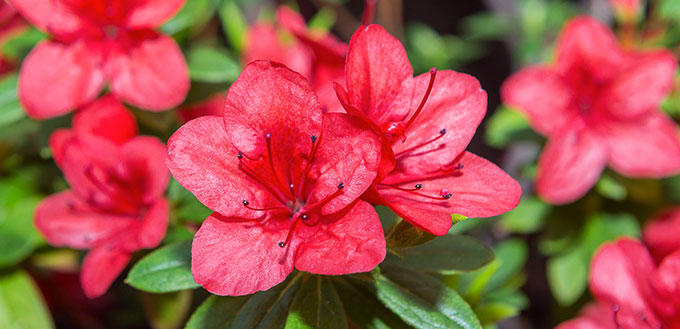
Again, these are also very pretty plants, but you shouldn’t let this fool you as ingesting them can cause all sorts of unpleasant effects including irritating your dog’s mouth, vomiting, and diarrhea. In more serious cases, they can lead to a drop in blood pressure, comas, and death. Again, all parts of this plant are poisonous, so you need to be very careful if any are found in your garden.
Cycas Revoluta, or “Sago Palm”
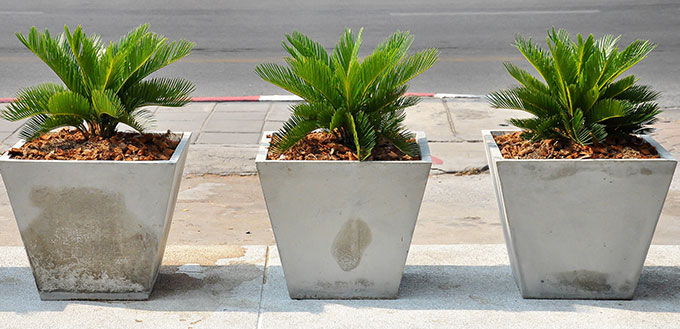
This little green plant may look relatively harmless when it is lying on the ground or in your house, but don’t let appearances fool you. If it is ingested, it can lead to bleeding disorders, liver failure, and death. As this is a very common houseplant, you need to be certain that you don’t already have one lying around before you bring a dog home. Every part of the plant from the seeds and roots to the leaves are poisonous, so beware.
Hedera Helix, or “Ivy”
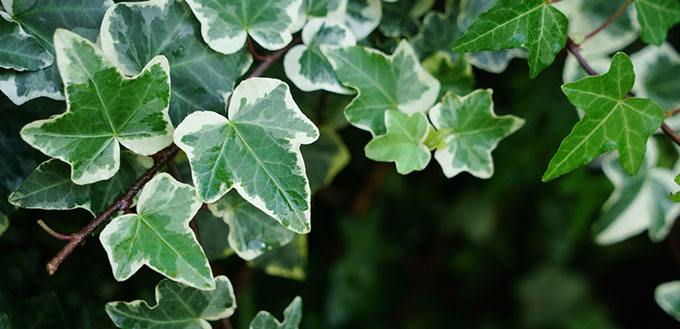
This familiar climbing plant can be found all over houses, but it is another one of those plants toxic to dogs. The leaves are the most likely part that are going to be ingested. On the less serious side, breathing difficulties and a rash could arise, but there is also the possibility of paralysis and coma, so if it is climbing your house, make sure that it is working its way up very high!
Crassula Ovata, or “Jade”
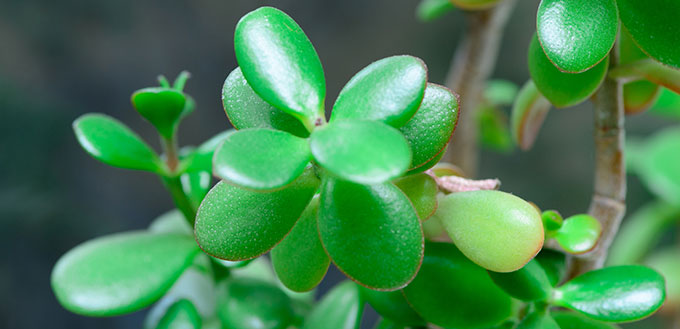
A very common rubber plant found in many households, this is another plant that is toxic to pets. Vomiting and a slowed heart rate are two of the most common side effects involved in eating it. But one which can occur that is harder to identify is depression.
Peonies
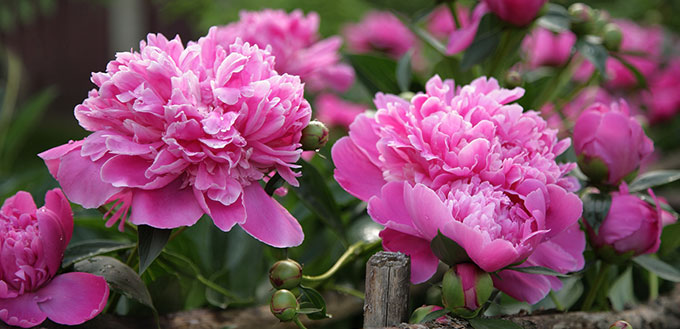
Beautiful perennial plants that are commonly found in the back garden of many households, these are also not safe to be ingested by dogs. Possible side effects include diarrhea, vomiting, and reduced energy levels.
Hyacinth
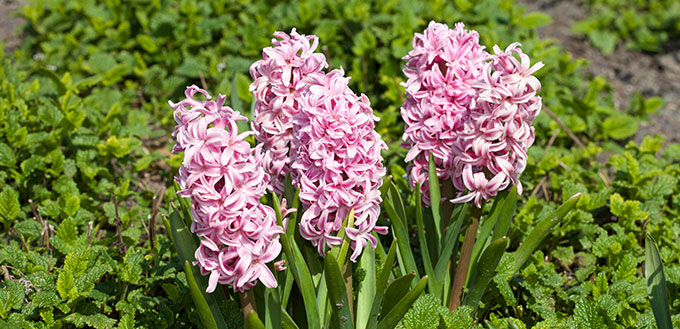
Our final one that we are going to discuss on this list is the hyacinth. While they may smell wonderful, ingestion can lead to tremors, diarrhea, and vomiting.
What Do I Do If I Think My Dog Has Been Poisoned?
If you think that your dog has managed to get its paws on any of the plants in this article and has managed to consume any, the first step is to not panic. Make sure that your dog is kept away from eating any more and get in touch with your vet. Depending on the symptoms you observe, they may suggest that it is okay to keep them under observation or you may have to bring them into the surgery as soon as possible. Your vet will want to know exactly what has caused the toxicity in your dog and how much of it they have managed to eat. If you are not certain, they will probably have to take a blood test to identify what is going on. Treatments can range from endoscopies to surgery in more serious cases. Some poisonous substances also have antidotes that can be administered. In many cases, it may just be the symptoms that are treated rather than the poison itself. Ultimately, you should follow whatever advice you have received closed to ensure that your dog has the very best shot at a full recovery.
Final Thoughts
These are not the only 10 plants and flowers poisonous to dogs, but they are some of the most common examples. If there are any of these around your home, you need to be especially careful to keep them out of your pooch’s reach.
More Pet Product Reviews
Dog Knee Braces
Sunscreens for Dogs
Dog Pill Shooter
Liquid Bandage for Dogs
Salmon Oil For Dogs
Dog Thermometers
Dog Flea Combs
Dog Tear Stain Removers
CBD Hemp Oil for Dogs
Paw Protection Waxes For Dogs
Sources:
- Top 10 Toxic Household Plants For Pets, VCA Hospitals
- Plants That May Poison Your Pets, The Humane Society
- Poisonous Plants, The ASPCA
- Lauren Eichstadt, 10 Garden Plants That Are Toxic to Pets, UC Davis
Note: The advice provided in this post is intended for informational purposes and does not constitute medical advice regarding pets. For an accurate diagnosis of your pet's condition, please make an appointment with your vet.




